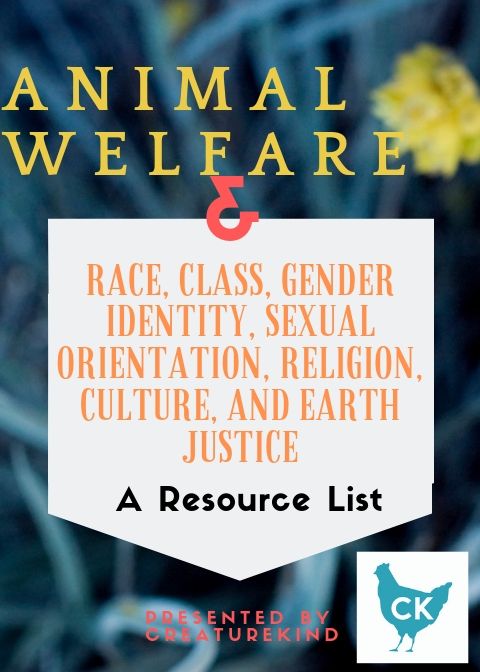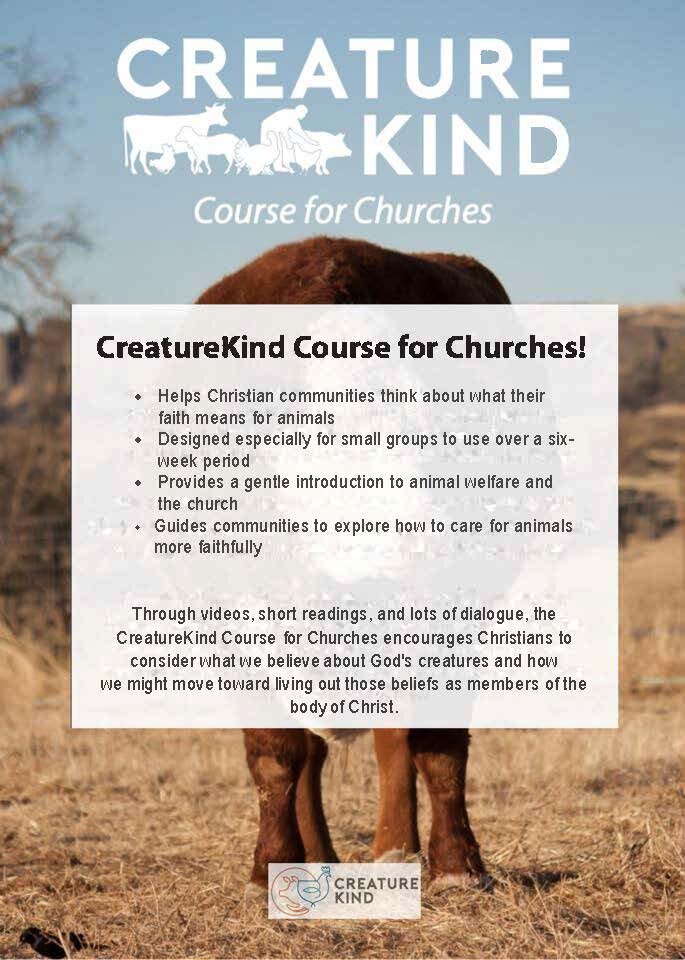This article was originally published by Farm Forward and is reprinted here with permission.
For decades the American public has been subjected to rampant greenwashing, from ads about "clean coal" to "green" labels on toilet paper made from clear-cut forests. Now Farm Forward is peeling back the labels on meat, dairy, and egg packages to reveal a dangerous new trend that is growing in scope and sophistication within our food supply: humanewashing.
[Farm Forward’s] new campaign video takes on the meat industry's increasingly deceptive claims and warns shoppers that simply finding a "humane" label on a product doesn't make it so. Instead, these labels are often industry-driven humanewashing tools: efforts to market animal products to conscientious consumers through deceptive packaging and labeling, promoting the illusion of animal well-being while concealing the extent of animals' illness and suffering.
While the most basic of these tactics take from the form of "all-natural" or "free range" labels, even independent welfare certifications have become embroiled in the dirty business of humanewashing. In Farm Forward’s latest report, published on the heels of the organization resigning in protest from the board of the nation's largest independent welfare certification, Global Animal Partnership (GAP), Farm Forward reveals that by putting their stamp of approval on factory-farmed products, certifications, too, are likely deceiving shoppers and betraying the animals whose welfare they are charged with overseeing.
The Grim Reality
With an ever-expanding array of product labels and marketing confronting shoppers, it's hard to know who and what to trust—but we all know what we want the labels to mean: in 2014, for instance, Consumer Reports found that 79 percent of all shoppers expect humane labels to guarantee outdoor access for animals, and 92 percent expect inspections to verify these welfare claims.(1) In reality, though, the smiling cows and hens on grocery store shelves belie the harsh reality for 99 percent of farmed animals: factory farming.(2) The chart below sums up what leading claims and certifications mean.
Peeling Back the Labels
But what to make of all those certification seals and check marks that you see on products? Certifications fall into three categories: First, there are schemes created by meat industry groups like the National Chicken Council that merely obfuscate standard factory farming practices behind an authoritative-looking seal. Then, there are those certifications run by organizations that appear to be watchdogs but are in fact deeply embedded with the industry: American Humane Certified (AHC), whose standards condone practices like crate confinement of mother pigs and dehorning of cows,(3) and the new One Health Certified (OHC) created by the nation's sixth largest poultry producer, Mountaire Farms, which embodies greenwashing, healthwashing, and humanewashing, all rolled into one.
The final category of certifications are independent certifications like Certified Humane and Global Animal Partnership (GAP). These labels can provide meaningful welfare improvements: both certifications, for instance, require environmental enrichments for chickens, prohibit debeaking birds and routinely tail docking pigs, and require cage-free housing for laying hens.(4,5) However, while describing themselves as "humane," these certifications offer tiers of welfare, meaning that only some animals live on pasture. The vast majority of the products they certify actually come from animals with unhealthy genetics who were raised in total confinement.
Some of the most basic and least-considered welfare provisions, like those listed in the chart below, are simply incompatible with factory farming and are often left unresolved by even the most stringent certifications.(6) The reality is that the certified "better" meat dominating grocery shelves is still cruel and overwhelmingly derived from genetically modified, unhealthy animals.
Join the Movement for Truth in Labeling
Humanewashing fools us into paying higher prices for factory farmed products. So how can you shop according to your conscience? Fortunately, as our Food Choices page explains, with some effort, we can seek out those rare products that meet a minimum standard most of us expect: animals free to roam on pasture. For many shoppers, centering plants on their plates is easier than decoding the sea of deceptive labels at the grocery store to find the few products that align with their values.
Just as important as eating according to your values, you can help us stop the dirty business of humanewashing where it starts. Supermarkets stock what their customers demand, so let's tell them to do better. Next time you're shopping, ask the meat department manager to start offering more pasture-raised products and ditch the worst humanewashers like American Humane Certified and One Health Certified.
Get the Latest Dirt on Humanewashing
Farm Forward Campaign and Ad Blitz Denounce ALDI’s Deceptive New Chicken Label (April 22, 2021)
NowThis: How the Meat Industry Uses 'Humane Washing' Terms (April 6, 2021)
Coalition Blasts "One Health Certified" Meat Industry Humanewashing Scheme (January 26, 2021)
Farm Forward Report Exposes the Dirt on Humanewashing (December 30, 2020)
Why We Resigned from the Board of the Nation's Largest Animal Welfare Certification (October 2, 2020)
Sources
Consumer Reports National Research Center. 2014. Food Labels Survey. http://www.panna.org/sites/default/files/ConsumerReportsFoodLabelingSurveyJune2014.pdf.
Farm Forward calculation based on U.S. Department of Agriculture 2012 Census of Agriculture, June 2014.
American Humane Certified. 2020. “Science-Based Standards.” http://humaneheartland.org/our-standards/.
Certified Humane. 2020. “Our Standards.” https://certifiedhumane.org/our-standards/.
Global Animal Partnership. 2020. “Our Standards.” https://globalanimalpartnership.org/standards/.
One independent certification, A Greener World’s (AGW’s) Animal Welfare Approved (AWA), stands out as anomalous: it is both the smallest and the most rigorous. It is the only certification that avoids the particularly disturbing humanewashing involved in certifying as humane products from animals raised in intensive confinement. However, AWA, too, struggles with the reality that other forms of cruelty, such as the forced separation of calves and mother cows before natural weaning or the use of genetic lines of chickens prone to disease and chronic pain, are so pervasive in modern animal agriculture that even it cannot insist that these cruelties be banned and continue to operate. Further, AWA’s high standards and commitment to protect smaller independent farmers have precluded its ability to scale to the level of other certifications like GAP. Indeed, it is difficult to imagine the circumstances under which the meat, poultry, dairy, and egg companies that dominate the industry today would adopt AWA standards at scale with options like AHC, Certified Humane, or GAP available. Thus, while AWA could partially be viewed as an exception to the humanewashing rule, its inability to achieve market scale is another datum illustrating the failure of animal welfare certification.












